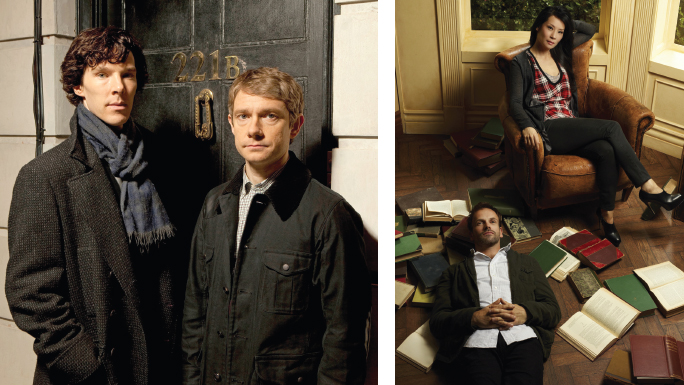Costs and Rewards
Most of us don’t ponder the costs and rewards of our relationships on a daily basis. But when we feel that a relationship involves too many costs, conflict often ensues. As you learn in Chapter 8, we like to feel that we are both giving and receiving in a relationship. So if your roommate Tamara is always leaving her chores for you, you might need to engage in conflict management to balance the relationship.
Every relationship has advantages and disadvantages for the parties involved. Your close friendship with Arturo may offer companionship and intimacy, but you may also need to accept his negative feelings about your religious beliefs and invest time in working through difficult situations together. Social exchange theory explains this process of balancing the advantages and disadvantages of a relationship (Thibaut & Kelley, 1959). Relationships begin, grow, and deteriorate based on an exchange of rewards and costs.
Rewards are the elements of a relationship that you feel good about—things about the person or your relationship that benefit you in some way. There are extrinsic rewards, the external advantages you gain from association with another person (such as social status or professional connections); instrumental rewards, the resources and favors that partners give to one another (for example, living together to save money); and intrinsic rewards, the personally satisfying rewards that result from an exchange of intimacy (for instance, intellectual stimulation or feelings of safety). Costs, by contrast, are the things that upset or annoy you, cause you stress, or damage your own self-image or lifestyle. If you find your relationship too costly (for example, there is a lot of conflict, jealousy, or infidelity), you may decide to end the relationship (Dainton & Gross, 2008; Guerrero, La Valley, & Farinelli, 2008).
The social exchange of costs and benefits is inherently complicated. You might wonder, for example, why good-natured Watson sticks out a partnership and friendship with acerbic and belittling Sherlock (in any of the recent Sherlock Holmes television adaptations or the original nineteenth-century novels by Sir Arthur Conan Doyle). But the benefits of the relationship (including intrigue, intellectual stimulation, and a desire to “fix” or help a deeply troubled individual) might just outweigh the costs (such as personal safety, frequent insults, and lack of emotional connection or support).

THE HIT SERIES Sherlock depicts Watson as an ex-military doctor who finds purpose and excitement in accompanying the famous detective on his various investigative adventures. Elementary surprises with a female Watson, a sober companion of ex-addict Holmes who later becomes the sleuth’s assistant. (left) © BBC/Courtesy Everett Collection; (right) CBS/Photofest
